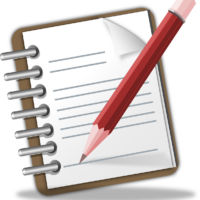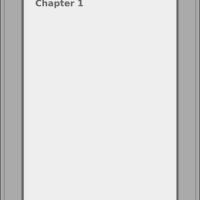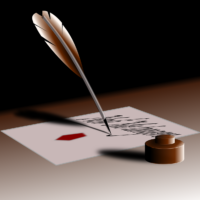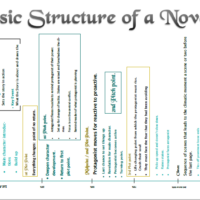
Advice to New Authors.
Introduction
Below follows a checklist of advice for new authors who are thinking about approaching an editor before publication. In writing this I hope to help authors avoid some of the potential pitfalls and later disappointment when their edited work comes back to them.
Write what you know, research what you don’t.
If you are in any doubt about certain details look them up, take copious notes, and use them. Do not guess and do not attempt to fudge through the manuscript, making details up as you go along. In long pieces, fudging details will result in plot inconsistencies which will be obvious to a reader and put them off reading any more of your work. This is important when dealing with any genre but do not panic.
Use your first draft to guide your second by going through it and making a note of where you guessed details. It will require a great deal of time and honesty on your part but the end result will be worth the effort. There are a huge number of writing guides available on the market to help guide you in your research. I will provide a list of suggestions for sources and guides at the end of this post.
Use an outline.
This will help you to avoid plot inconsistencies. If you don’t have one, make one. This will provide a
Make sure your storyline is clear and all action is relevant, driving your story.
Quantity is not the same as quality. The minutiae of opening doors and sitting to tables
Make sure your main characters are prominent and well fleshed out.
Don’t be tempted to introduce too many main protagonists, or add them as you go along. Use your outline to help you consider which characters you will need and keep it to a minimum. If there are too many, you risk upstaging your protagonist. Again, this can be fixed if you have already started, or completed your first draft. Go through it chapter by chapter and consider whether their action is in character. Can it be
To be believable, characters must be multi-faceted and nuanced. Make their wants and needs clear. Even in fantasy, nobody is either all good, or all bad. ‘Good’ characters are not flawless. What makes them interesting is how they overcome those flaws. Nor are ‘bad’ character’s all bad. Everyone has reasons for acting the way they do and these must be made clear to your audience. However, these do not have to be revealed all in one go. For instance, the Evil Queen in the TV series Once Upon a
In Orson Scott Card’s ‘Speaker for the Dead’, (if you have not read this, I recommend you do) the now adult Andrew Wiggin having discovered the enormity of what he had done as a child, had never returned to earth. His own fictional work ‘The Hive Queen’ and the ‘Hegemon’ had reduced the name ‘Ender’ from a symbol of heroism and
Individual character bios could help you to get to know them and an even better
Is your setting well defined and clear to the reader?
Whether you are writing a Sci-fi novel or a work of Historical fiction, your world and setting
Do not submit a first draft to an editor.
Just don’t. Do not do it. You may feel hugely relieved to have ‘finished’ your manuscript but unless you have undergone a process of honest and critical self-editing and revision, it is not really ‘finished’. It can take several months for an editor to work through a novel and you will be very disappointed if after going through that often costly process, your story is not ready for publishing. Editing is a necessity within the creative writing process, but there is only so much it can do. An editor cannot rewrite huge chunks of your work, and most of them won’t. An editor will not do the work for you, only so you can publish in your own name. If you want a research assistant or a ghost-writer to help, you will have to recruit and pay one. The developmental and stylistic editors’ role is to look at the work you have produced and
That said, there is nothing to stop you from joining a writer’s group to get feedback. Bear in mind though, many members of these groups are in the same boat as you: unpublished new













